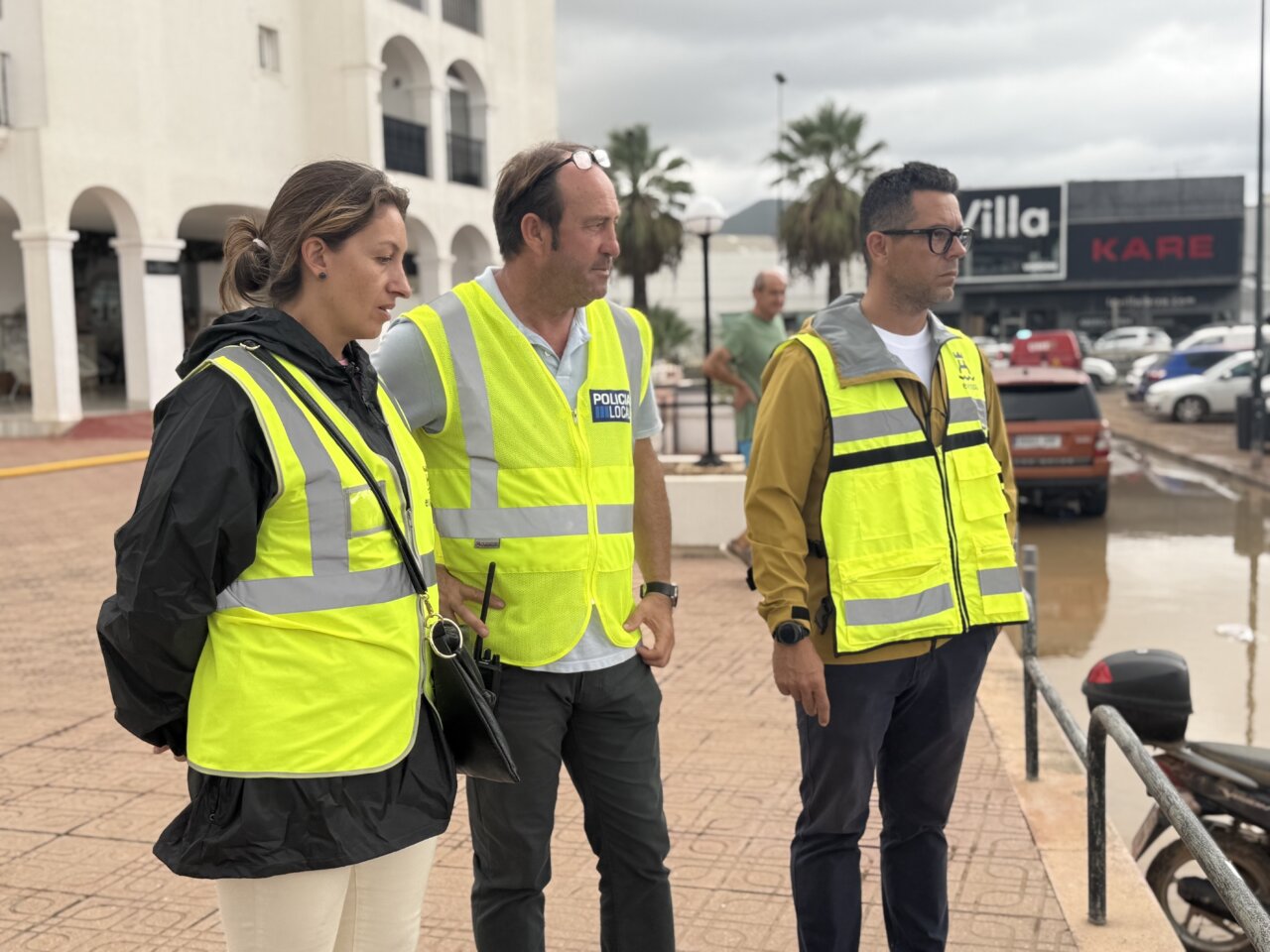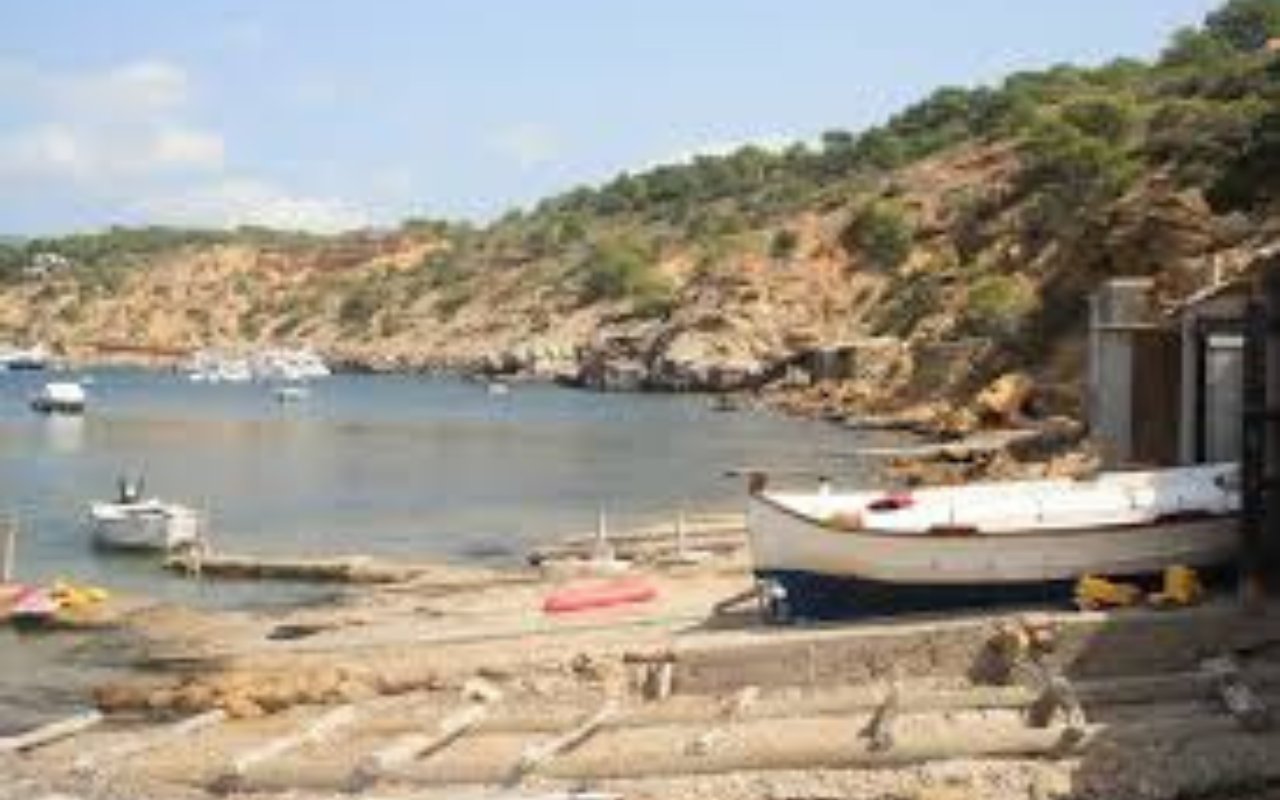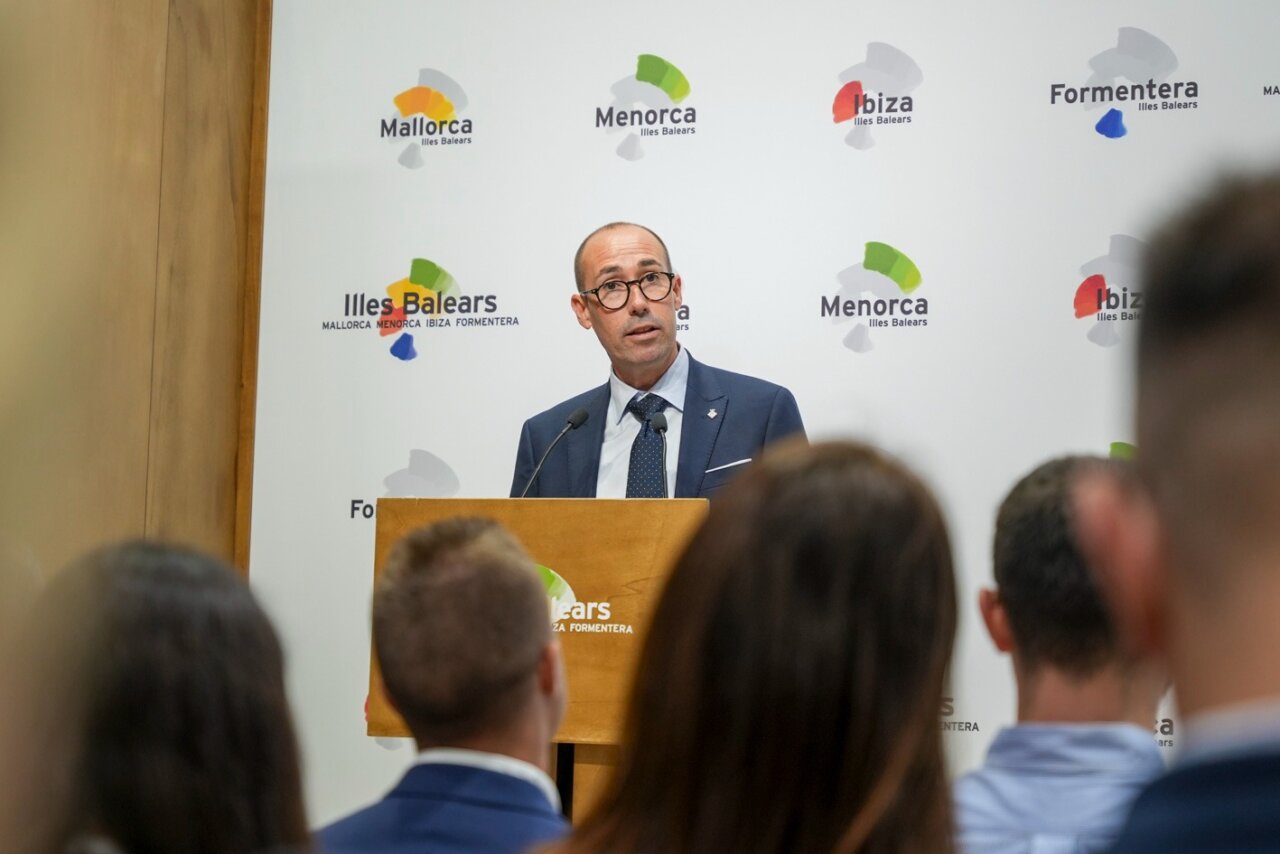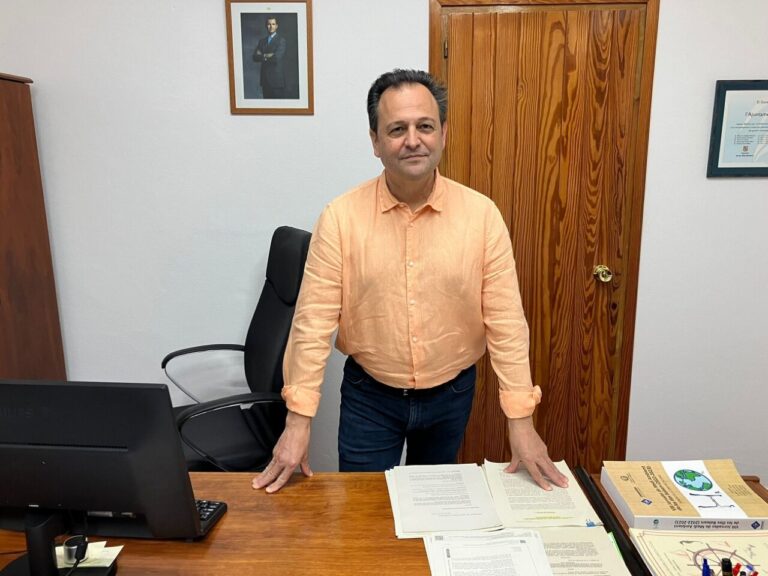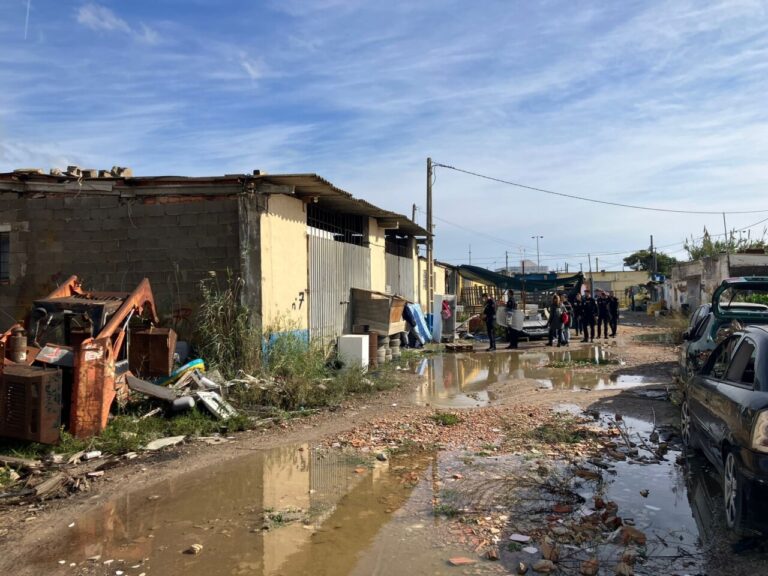The shipping company Trasmed, belonging to the Grimaldi Group, has expressed its rejection to the restrictions on the entry of vehicles in the Balearic Islands. The company considers that the limitations will not reduce traffic saturation and that the diagnosis about the causes of the problem is “wrong”. Thus, it has joined the criticism already launched by Baleària against this measure.
During a round table discussion held at the CaixaForum in Palma, the director of Institutional Relations of Grimaldi in Spain and delegate of Trasmed in the Balearic Islands, Miguel Pardo, said that cars arriving by ferry represent less than 3% of the fleet on the islands and that, moreover, that figure has declined in recent years.
“Restricting vehicle access is a populist response to a complex problem,” said Pardo. “If only that 3% is acted upon, the impact will be minimal.”
The spokesman warned that the number of cars in circulation in the Balearic Islands continues to grow “at a runaway pace”, which shows, in his opinion, that the origin of the collapse is not in the ferries. “The diagnosis is wrong and the treatment will not cure the patient,” he summarized, warning that without planning or real alternatives for sustainable mobility “the situation will worsen next year.”
Baleària had already warned about the risks
Trasmed’s statements come after Baleària has described the regulation of the Consell de Ibiza as a “legal botch-up with devastating effects” and has decided to appeal it in court. The Denia-based shipping company has been denouncing for months that the restrictions have been approved without consensus and may seriously affect maritime connectivity and the local economy.
With Trasmed’s new demonstrations, the maritime sector’s rejection of the limitations is consolidated. Both companies agree that ferry transport has a marginal weight in the total volume of vehicles in the archipelago and that the measures do not attack the structural causes of congestion.
Call for dialogue and planning
Trasmed regretted that the regulation has been designed “without talking to the shipping companies” and asked to open a technical dialogue between administrations and operators. In the case of Ibiza, where limitations already apply, Pardo asked that the rule “is not consolidated”, warning of its potential impact on the prices of freight and passenger transport.
The company recalled that traffic problems extend throughout the year and not only in summer, which evidences a structural failure of the mobility model. The Balearic Islands, Pardo recalled, is the community with the highest number of vehicles per inhabitant in the country, which reflects “a system that does not work”.
“Protecting the environment without punishing connectivity.”
The Trasmed representative insisted on the need to address mobility “with data, planning and consensus”. In his opinion, protecting the environment is essential, but it must be done “without punishing the connectivity or the economy” of the islands.
The shipping company stressed that maritime transport is essential for the Balearic supply and economic activity, and requested that any new model takes into account both the needs of residents and the tourist and logistical competitiveness of the archipelago.


